Hey there! Back again! I took a little bit of a break on the blog to regain some creativity – do any of you ever just feel “tired” of creating? I sure do! The best thing that helps me is to STOP creating and just do.
In today’s blogpost, I am walking you through different ways you can find your brand voice as a dietitian business owner. First, let’s walk through what this is and what this even means.
What is my brand voice?
As a business, it’s essential that you establish a “personal brand” that goes along with your style, values and morals in regards to how you actually want to be portrayed. This inserts the entire concept of what we do around here – branding and website design – and what it means for your business to have one.
Your brand voice is a combination of your brand personality and your target audience. How do you want your target audience to feel when you speak to them? How do they need to be spoken to? These are all factors into determining your brand voice.
Copywriting is also a huge factor into finding your brand voice – most of us (especially me!) struggle with coming up with those words that feel authentic to me, but also speak to my ideal audience. Words DO matter here, and i’s essential we are strategic about it.
How do I find my brand voice?
The cream of the crop question: how on earth do I find my unique brand voice?
Keyword there: unique.
As a dietitian, you have the potential to be in a very saturated market (all dietitians in the world that are in private practice) or a very niched market (dietitians who specialize in PCOS). Whichever one you are, you need to identify that.
Step one: identify your target audience.
- Are you a dietitian that helps diabetes patients? Are you a dietitian who specializes in gut health? Figuring this out is step one, and most likely, you already know this!
- The next “sub-step” of step one is going further into your ideal audience:
- What age group are they?
- What do they enjoy doing?
- What words do they resonate with?
- What income amount do they fall under?
- What are their struggles?
- Why would they hesitate in working with you?
Step two: identify keywords within your internal business that feels authentic to you.
- I like to break this down into different aspect of my business: my process, my style and my results. Once you’ve identified areas of your business that are important to you, dive into words that feel right to you:
- Say this outloud and write down what comes to mind: “I want my ______ to be described as:”
- Process: organized, simplified, straight-forward
- Style: simplistic, classic, timeless
- Results: confident, detailed, exciting
Step three: determine the correct “tone” your ideal audience wants to hear.
- Think of this step VERY straight-forward: how does your ideal audience want to be spoken to?
- Do they want a professional tone?
- Do they want to feel like they are talking to a friend?
- Do they accept jokes/humor well?
- Are they shy?
- Determining the way that your ideal audience accepts information is vital to understanding your brand tone. Think about this scenario:
- A 16 year old female has struggled with an eating disorder for 4 years now. She has been put on aggressive diets and nothing has worked. She often feels that her doctors aren’t understanding her struggles and only suggests things that will not work in the long-run.
- How would this person want to be spoken to if you were to approach them?
Step four: circle back to the “why” of your business.
- Let’s not forget the reasons as to why we started our businesses in the first place. There are actually a lot of hidden messages about your brand tone within these reasonings. Take mine as an example:
- I started my business out of a creative outlet into my undergraduate development classes. I was one of four women in my development class and felt misunderstood when it came to assignments. None of them were fun nor interesting to work on. I was very empowered to start a business where I could practice my skills but incorporate fun designs and businesses (like dietitians) that could mean something to someone one day.
- This paragraph hones into my sense of empowerment for others, desire to change lives and ability to be intentional in all actions I take.
I know that social media, website copywriting and basically anything that involves writing can be a challenge. It’s my hope that these four tips are actionable and attainable to do RIGHT NOW so that you can begin making a difference to your potential clients.
If you are a dietitian and want to hear more on the beginning stages of owning a business, check out my Private Practice Business Foundations Workshop for more tips in the branding and website design department.

